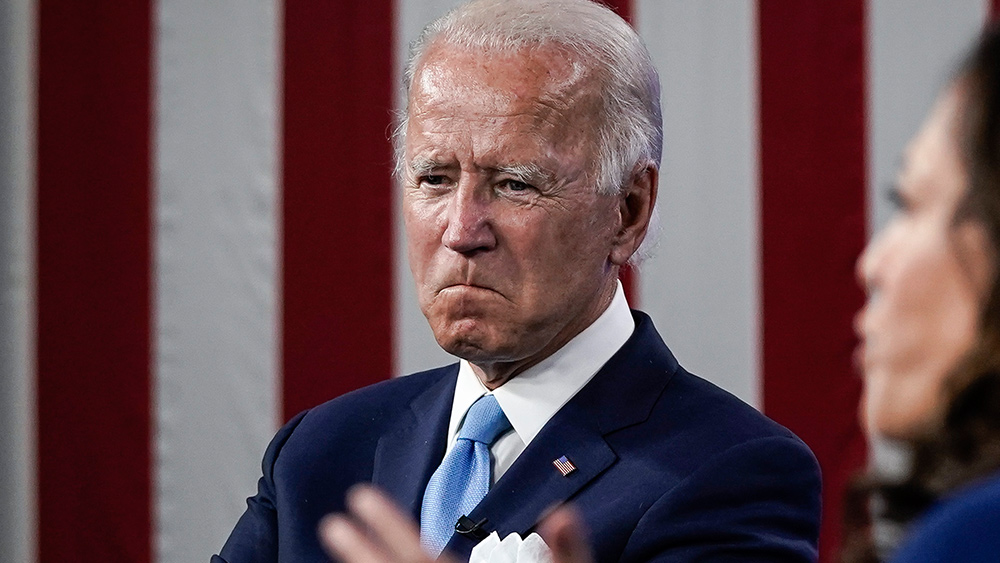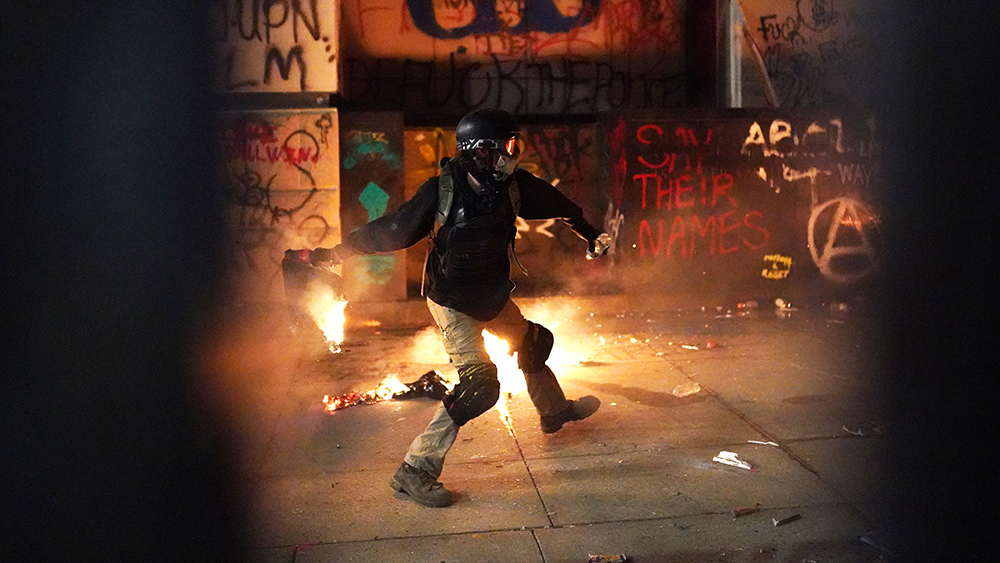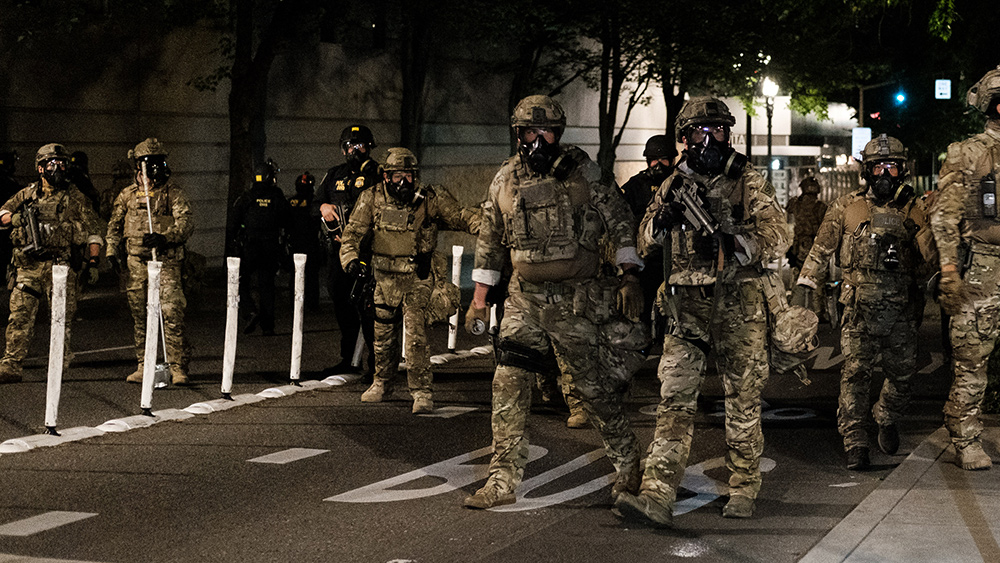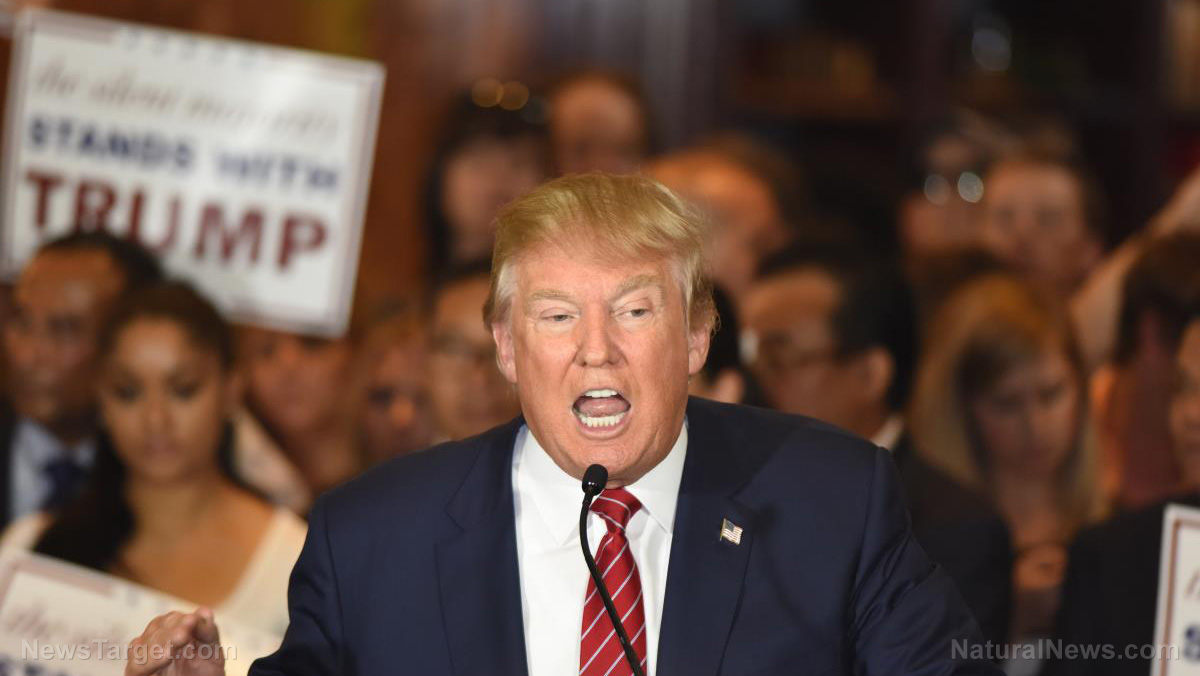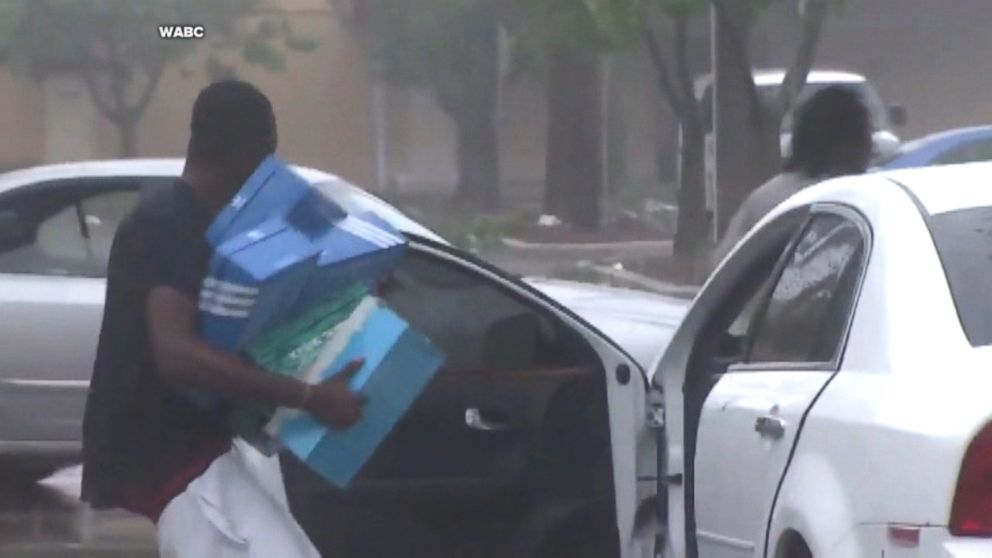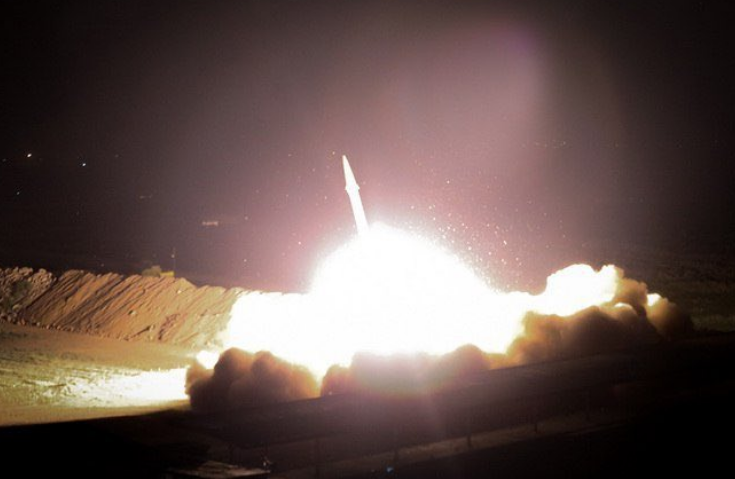UCLA researcher charged after destroying hard drive during FBI probe into China ties
09/02/2020 / By Cassie B.

A researcher from University of California Los Angeles (UCLA) has been arrested after he allegedly threw away a damaged hard drive in the middle of an investigation by the FBI into his transfer of sensitive U.S. data to the National University of Defense Technology in China.
According to the U.S. Department of Justice, 29-year-old Guan Lei falsely denied he was associated with the Chinese military in interviews with federal law enforcement. He has since admitted to participating in Chinese military training. One of his faculty advisors in China served in the Chinese military as well, authorities say. Guan attended China’s National University of Defense Technology, which is overseen by the Chinese military, and underwent some military training there.
Guan is currently facing a felony count of destruction of evidence. This carries a maximum sentence of 20 years in prison. According to the Los Angeles Times, the FBI started investigating him in July after suspecting he committed visa fraud and may have transferred sensitive technical data or software from UCLA to high-ranking Chinese military officials.
Guan was studying machine learning algorithms at the university’s math department. He had been working on an optimization algorithm that could be applied to machine learning since 2018 and had access to a graphics processing unit that had potential military applications. FBI agents staking out his Irvine apartment saw him take a crushed computer hard drive out of his sock and throw it in a trash bin, according to an affidavit. This happened just days after he was interviewed by investigators and tried to board a flight back to China; customs agents stopped him from leaving the country.
When agents returned with a search warrant a few days after retrieving the hard drive Guan threw away, he saw them arrive while doing laundry across the street and quickly walked away. The agents were unable to find him and search him that day, according to the affidavit.
Crackdown on researchers at American universities sharing sensitive data with China
This arrest comes just days after a professor from Texas A&M University was arrested for his ties to China. The professor, Zhengdong Cheng, was also a NASA researcher and had access to resources such as the International Space Station. He was arrested for false statements, wire fraud and conspiracy after he intentionally obscured his affiliation with a Chinese university and a Chinese-owned company. His research grant banned him from any collaboration with Chinese entities.
Visiting Chinese scientists at three top research institutions in the state of California – UC Davis, UC San Francisco and Stanford – have been arrested and detained recently. The FBI has uncovered a campaign that is being carried out by Chinese officials to place clandestine military scientists in American universities.
UC San Francisco researcher Xin Wang was arrested in June. Wang served as a major in China’s People’s Liberation Army and was arrested at the Los Angeles International Airport when attempting to board a flight to China. He reportedly admitted to federal authorities that he had been stealing secrets from UCSF medical researchers and sending them to a Chinese military lab. He entered the U.S. on a fake passport in 2019 and posed as a medical researcher who wished to work at the university in order to gain access to medical research. Court documents reveal that he was part of a plot involving observing the UCSF lab’s layout and instructing China on how it can be replicated.
Since Wang’s arrest, Chinese authorities have been instructing military officers who are studying at American colleges to destroy evidence and trying to help them get out of the country, according to court filings by prosecutors. It’s clear these arrests are sending a strong message, but they also illustrate just how far China is willing to go to steal American research.
Sources for this article include:
Tagged Under: China, Chinese military, communist China, espionage, left cult, national security, researchers, spying, treason, UCLA, universities, wire fraud
RECENT NEWS & ARTICLES
COPYRIGHT © 2017 NATIONAL SECURITY NEWS








